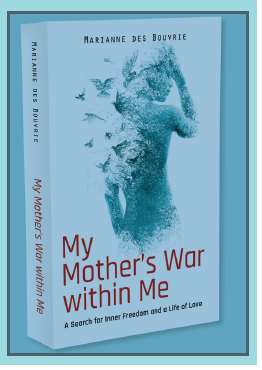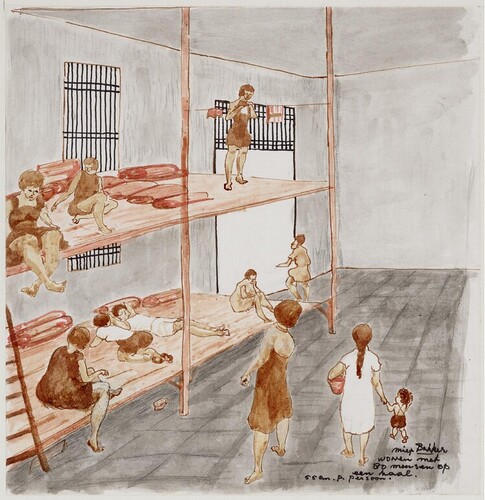
The small country of the Netherlands was hit disproportionally hard by the high and cruel toll its Jewish citizenry suffered during World War II.
Of the approximately 140,000 Jews living in the Netherlands when Germany invaded it, more than 100,000 were murdered by the Nazis during the Holocaust. That is nearly three-quarters of the Dutch Jewish population at the time.
Not as well-known and perhaps not as well understood is the gruesome fate another group of Dutch citizens suffered during the same war when, on March 8, 1942, the Dutch surrendered their largest colony of the Dutch East Indies (Indonesia today) to the Japanese Empire.
Following the surrender, more than three years of maltreatment, starvation and torture began for the approximately 200,000 civilians of Dutch origin who were held in “internment camps.” None of the internees were more vulnerable than the women and young girls who experienced sexual abuse, violence, rape, and other unspeakable depravities at the hands of their Japanese captors, guards, and others.

One of those women was “Rietje” or “Rietepiet” who on the day of her internment had just turned 16.
Several years after the war, Rietje would become the mother of Dutch author and therapist Marianne des Bouvrie. In 2019, Marianne published a book in Dutch telling the heartrending story of her mother’s pain and torment in the Japanese internment camps, how it traumatized her mother and, subsequently, how it affected Marianne herself.
That powerful book has now been beautifully translated into English under the title “My Mother’s War within Me: A Search for Inner Freedom and a Life of Love.”
In the book appears an ominous, perturbing memory attributed to Marianne’s mother. It reads:
A group of Japanese dragged me away and, then, I was horribly abused. They did unspeakable things to me that I have never been able to tell anyone.
That quote gives the reader only a hint about the atrocities that Marianne’s mother would suffer for three-and-a-half years. Atrocities that would leave Marianne’s mother gravely traumatized, “despising her own womanhood…the womanhood that had caused her so much misery in the war camp.” Years of captivity and suffering that would leave her with a trauma that unwittingly, yet insidiously and unrelentingly would be passed on to her daughter, Marianne, in later years.
“My Mother’s War Within Me” thus becomes a heart-rending, stunning narrative of Marianne’s lifelong quest to recognize, confront, fight and eventually conquer the psychological and physical consequences of a trauma, originally not hers, but unintentionally, unconciously and perhaps unavoidably passed on to her by the person she loved most.
In almost clinical detail, yet in the most delicate, personal and compassionate manner, Marianne describes the mental, emotional and physcical symptoms and consequences of what now – many years after World War II — is well understood to be real and serious trauma “transmission” from one generation to another. It is variously labeled as generational, transgenerational and intergenerational trauma.
Like the trauma experienced by Holocaust survivors and their descendants, the indelible horrors suffered in the Japanese internment camps would deeply affect the lives of those who survived the war and internment after their repatriation to the Netherlands.
In “My Mother’s War within Me,” Marianne expressively describes her personal struggle, since early childhood — year by year, episode by episode, small victories and defeats alike — to escape from her mother’s war horrors and to unburden herself from the shame, the pain, the guilt that should not be hers, but which relentlessly haunted her.
It is the painful yet brave and inspiring story of Marianne’s lifelong struggle to overcome her generational trauma, to reconnect with her own womanhood, to reclaim her own freedom — a freedom that was cruelly and forever ripped away from an innocent 16-year-old girl eight decades ago.
But perhaps more importantly, “My Mother’s War within Me” is a guide for readers to recognize unresolved traumas and other troubling experiences that may have been unwittingly passed on by previous generations.
It is a symbol of hope and an inspiration for readers to “step out of the shadows of their traumatized ancestors, (re)discover themselves, step into the light and feel free at last.”
Marianne des Bouvrie’s “My Mother’s War within Me” is now available at amazon.com.
















